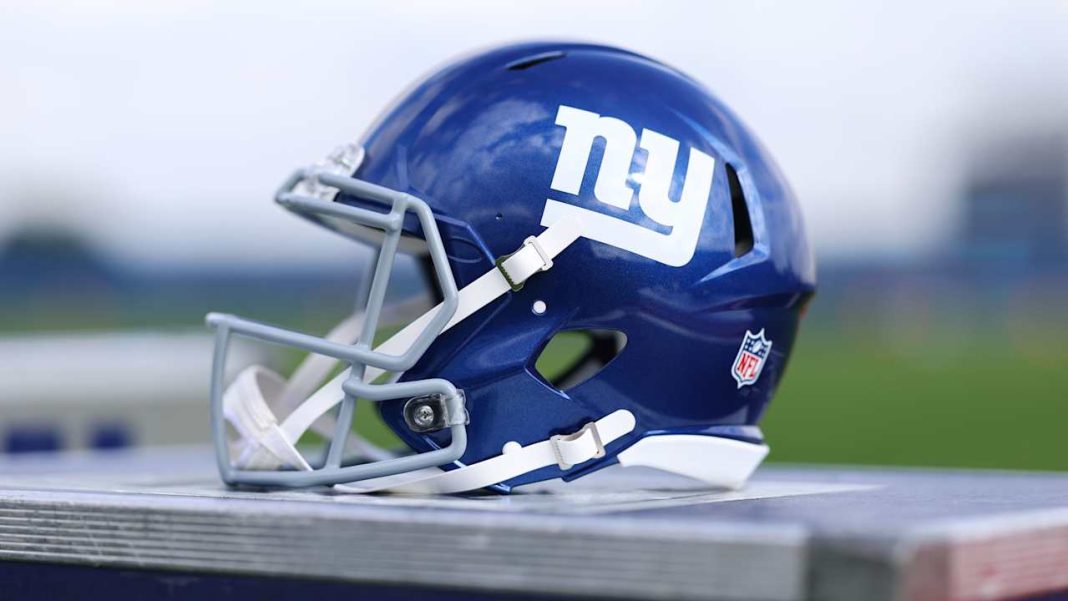The air in East Rutherford always carries a particular kind of tension, but recently, it’s been thick with the whispers of change. Today, those whispers have coalesced into a seismic shift: Brian Daboll, the man who brought the New York Giants back to the playoffs just a year ago, has been relieved of his duties. Stepping into the breach as interim head coach is offensive coordinator Mike Kafka, a move that signals both immediate pragmatism and an uncertain future for Big Blue.
The Unraveling of a Promise
Just one season ago, Daboll was the darling of the NFL, celebrated for his innovative offense and his ability to galvanize a struggling franchise. He earned Coach of the Year honors, and the Giants’ unexpected playoff berth felt like the dawn of a new era. Yet, professional sports are a cruel mistress, and sustained success is the ultimate arbiter. The honeymoon, it seems, was tragically short.
The subsequent season has been a stark contrast, marred by inconsistency, an offense that often sputtered, and a string of demoralizing losses. Injuries certainly played a role, but the team’s overall regression from their promising peak became increasingly difficult to ignore. The initial spark that Daboll ignited seemed to dim, and with it, the unwavering confidence of the organization. This isn’t just about wins and losses; it’s about trajectory, about belief, and about whether the path forward felt clear. Ultimately, the G-Men decided a different navigator was needed.
Kafka’s Interim Audition
Enter Mike Kafka. A former NFL quarterback himself, Kafka joined the Giants as offensive coordinator alongside Daboll. He’s been intimately involved in the team’s offensive scheme and player development, particularly with the quarterbacks. His promotion to interim head coach is a fascinating blend of continuity and a fresh slate. He knows the personnel, he knows the system, but now he bears the ultimate responsibility.
This isn’t just a temporary gig; it’s a high-stakes audition. Kafka has the opportunity to demonstrate his leadership capabilities beyond his coordinator role, to prove he can inspire a team that needs a renewed sense of purpose. The challenges are immense: restoring morale, finding an offensive identity that consistently produces, and perhaps most crucially, showing he can command the respect and effort of every player in the locker room. As one seasoned observer noted, “Kafka stepping into this role isn’t just about finishing the season; it’s an audition under immense pressure, a chance to show if he can truly steer the ship through choppy waters and potentially beyond.” It’s a trial by fire, but also an unparalleled chance to make a lasting impression on the franchise’s decision-makers.
Charting a New Course
The coaching change undoubtedly injects a new layer of intrigue and uncertainty into the Giants’ immediate future. For the players, it means adapting to a new voice at the helm, while simultaneously navigating the weight of a disappointing season. For the front office, it signifies the commencement of a thorough, often grueling, search for a permanent solution – one that aligns with their long-term vision for the franchise.
What kind of team will the Giants become under Kafka’s interim leadership? Will there be a noticeable shift in their approach, a renewed energy, or will the foundational issues remain? The answers will unfold week by week. This moment marks a crucial turning point for the New York Giants, a crossroads where past successes and recent struggles converge, demanding a clear, decisive path forward into what promises to be a pivotal offseason and beyond.
*




